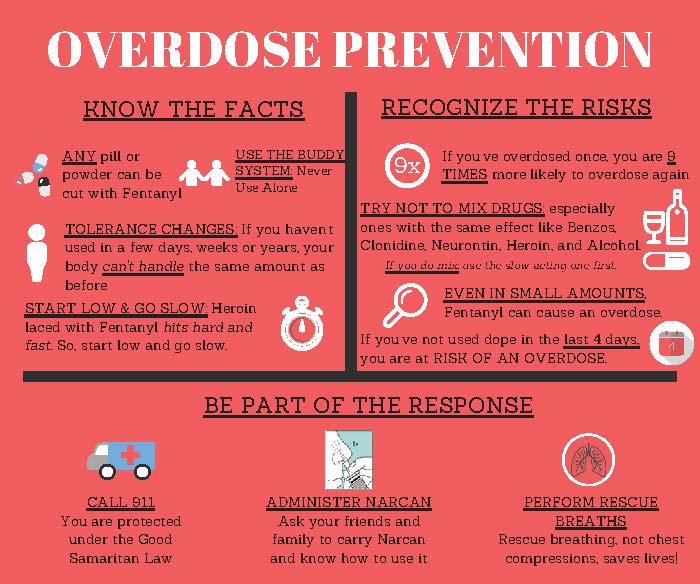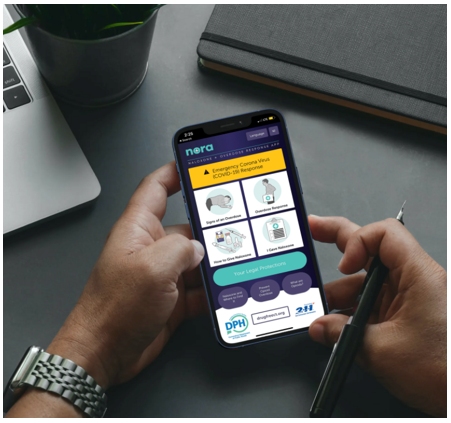OD2A: Overdose Data To Action

(Samuel Bowens- Section Chief, Rushnee Vereen-ORT Team Lead, Roshan Hawk-ORT III)
Waterbury Health Department: Prevention and Harm Reduction through OD2A Grant
The Waterbury Health Department (WHD) is partnering with the City of New Haven as part of the Overdose Data to Action (OD2A) initiative, funded by the CDC. This five-year grant (2023-2028) supports WHD’s efforts to reduce overdose risks and improve care for individuals with substance use disorder.
With $295,022 annually, WHD is enhancing harm reduction tools, outreach, and surveillance to target high-risk areas in the community. This funding also supports outreach workers and a community health worker, dedicated to linking people to vital care and prevention resources.
Waterbury Health Department: OD2A Warm Hand Off Program
Waterbury is committed to fighting the opioid crisis through the Overdose Data to Action (OD2A) grant. Building on the success of the Connecticut Opioid Response Initiative (CORe), the OD2A grant helps connect overdose survivors to immediate care through the "Warm Hand Off" program.
In this program, trained Overdose Response Technicians (ORTs), certified as Recovery Coaches, meet overdose survivors in real-time—whether on scene or at the hospital—to offer treatment referrals, harm reduction tools like naloxone, and other life-saving resources. ORTs follow up multiple times over 30 days to provide ongoing support and help reduce overdose risks.
Waterbury is here to help, offering compassionate care and resources to save lives and promote recovery.

The ORT is available during early morning, evening, and weekend hours to help connect persons to detoxification services, residential treatment settings, and evaluations for care. The ORT engages with family members, loved ones, and other persons and professionals in the community, following the rules of privacy protection and HIPPA. The ORT works side by side with first responders from Waterbury Police Department primarily, but also with fire and EMS personnel to gather critical information needed to best triage cases and support persons affected by overdose.
IMPORTANT INFORMATION ABOUT OPIOID OVERDOSE:

Explore Waterbury Resources | Waterbury Health Department (takecarewaterbury.com)

Harm Reduction
What is harm reduction?
Harm reduction is a set of practical strategies and ideas aimed at reducing negative consequences associated with drug use.
What is Waterbury doing for harm reduction?
OD2A Outreach Workers conduct community surveillance to engage and build relationships with at-risk persons and target populations across the city. Education, risk reduction training & resources, and testing are all available for the general public as well as these target groups. While our team may be unable to personally provide every harm reduction resource, we can connect you with all of the harm reduction services that are available in our city. The goal of harm reduction is to preserve life and reduce risk.
Safe Disposal
Proper disposal of prescription drugs is of critical importance to prevent illicit diversion of prescription medications, e.g., sharing, selling, theft. Secure, locked Rx Prescription Drug Drop Boxes are the most reliable means to ensure safe disposal and incineration of unused prescription medications.
It is important to note that flushing medications is not considered proper disposal because it is not safe for the water in our lakes, rivers and streams.
The Waterbury Police Department provides anonymous, secure, locked Rx Prescription Drug Drop Boxes in the lobbies at the Waterbury Police locations:
- Waterbury Police Station, 255 East Main Street, Waterbury. Unused prescription medications can be properly disposed of here 24/7, 365 days per year, no questions asked.
- Waterbury Community Relations Office, 70 Pine Street, Waterbury. Unused prescription medications can be disposed of here, Monday-Friday, 8 am-4 pm, no questions asked.
- The Waterbury Police Department also provides Home Visits on the first Wednesday of each month, and as needed, for elderly/homebound living in Waterbury to collect and properly dispose unused prescription medications; to register for a pick-up, call 203-574-6903.